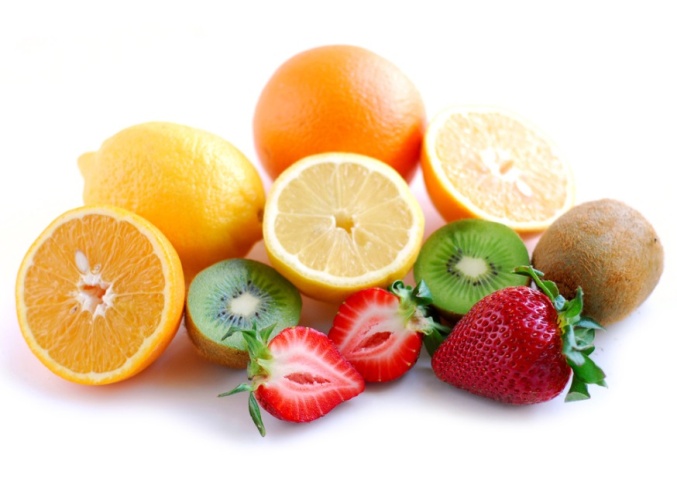When you take medication to treat an illness, you need to take it as prescribed by your healthcare provider. It is equally important to know what else to eat or drink while taking the medication because what you eat can reduce the effectiveness of your medication. Certain foods can reduce the absorption of medicines in your body. Some can even block absorption of certain drugs completely. Therefore, it is important to ask your doctor what you can or cannot eat while taking your antibiotics.


Can You Mix Antibiotics with Milk?
No, it is not a good idea to mix your antibiotics with milk. In fact, many other foods can also affect the way your body process antibiotics. Your body absorbs oral antibiotics from the gastrointestinal tract. Once absorbed, it enters your bloodstream and reaches the infected area in the body. So many factors can affect this process. The elative acidic of your stomach is one important factor here. Similarly, the presence of fat in your stomach can make a difference. The presence of calcium and other nutrients can also change the way your body handles antibiotics.
Can you mix antibiotics with milk? No, you should not, especially when you are taking the tetracyclines. There is calcium in the milk that can bind the antibiotic and keep it from getting absorbed in the gastrointestinal tract. It is also important to point out that some drugs may work better when taken with food. This actually prevents potential stomach upset and makes it easier for your body to handle that drug. Therefore, it is actually important to talk to your doctor and ask them about what you should or should not eat when taking your medicine. You may also find the directions on the prescription bottle. Be sure to follow them properly.
Other Foods to Avoid with Antibiotics
Can you mix antibiotics with milk? No! As mentioned already, what you eat can affect your digestion and makes it difficult for your body to process the antibiotic you are taking. Here are some specific foods you may want to avoid when taking antibiotics.
1. Avoid Acidic Foods

You should not eat highly acidic foods when you are taking antibiotics. Some good examples are citrus juices, carbonated beverages, and tomato-based products. These foods increase the acidity in your stomach and reduce your body's ability to process the antibiotic. Under no circumstances should you be consuming grapefruit juice when taking antibiotics because it can interfere with the absorption of antibiotics and many other drugs.
2. Limit Your Intake of High Fiber Foods
You may have heard that you increase your intake of fiber to manage appetite and improve your digestive system. The thing is that high-fiber foods, such as raspberries, beans, lentils, and whole grains slow the gastric emptying, which can affect your body's ability to process a drug. Therefore, you should avoid high-fiber foods at least until you have completed your course of antibiotics.
3. Avoid Alcohol

It is important to stay away from alcohol when taking antibiotics. While there is not enough evidence to confirm that alcohol interferes with antibiotics, it can certainly lead to several unpleasant side effects, such as drowsiness, dizziness, and upset stomach.
4. Stay Away from Gluten and Sugar
In other words, you should avoid common allergens when you are taking antibiotics to treat an infection. If you do not avoid these allergens, they will increase inflammation in the body that can interfere with antibiotics. Similarly, you need to limit your intake of sugar as much as possible. Keep in mind that bacteria thrive on sugar, so it makes sense to avoid sugar and foods that your body converts into sugar. Limiting your sugar intake will help by increasing the ability of your white blood cells to kill bacteria. Interestingly, you can also lower your risk of developing yeast infections by consuming less sugar.